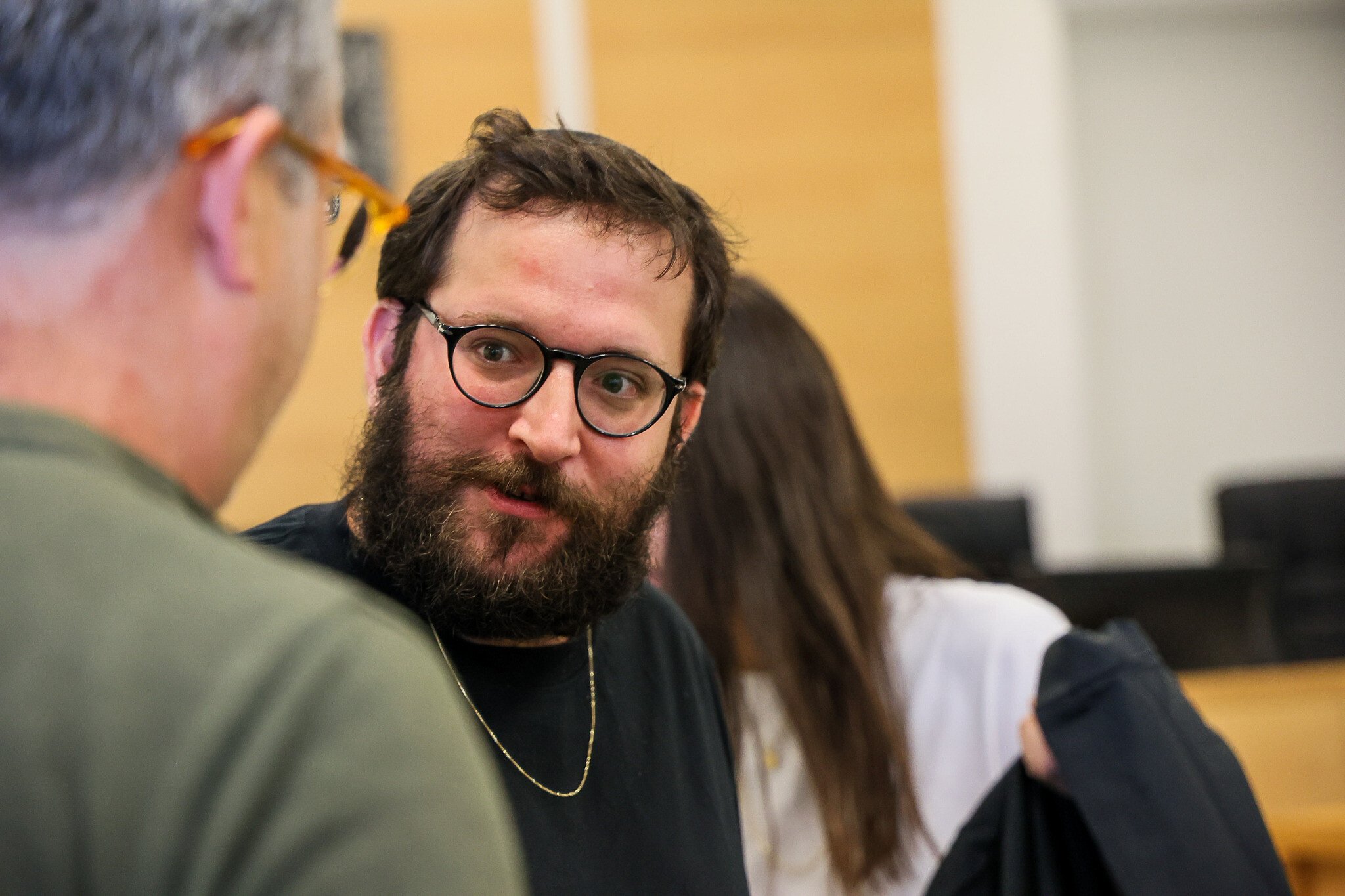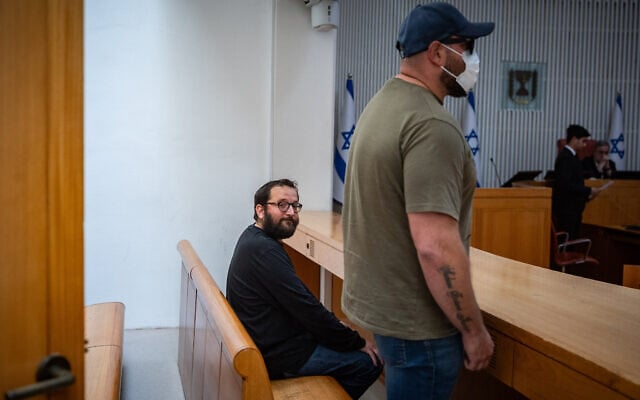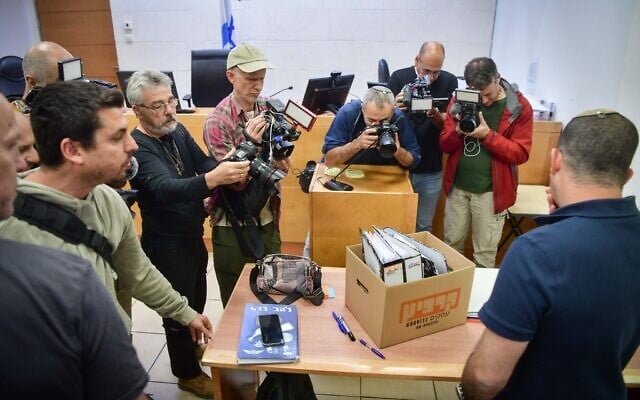



The Central District Court in Lod will hear on Tuesday an appeal against the decision of the Rishon Lezion Magistrate’s Court to end the restrictive conditions imposed on Jonatan Urich, a senior aide to Prime Minister Benjamin Netanyahu, and a key suspect in the so-called “Qatargate” scandal.
Urich, along with Netanyahu’s former spokesman Eli Feldstein, spearheaded a pro-Qatari public relations campaign to cast the Gulf state in a positive light ahead of the 2022 FIFA World Cup, hosted in Doha, and reportedly continued his PR work for Qatar well after the Hamas’s October 7, 2023, attack on Israel sparked the ongoing war, despite the nation’s ties to the terror group.
Urich, Feldstein and a third adviser to Netanyahu, Yisrael Einhorn, are suspected of multiple offenses tied to their alleged pro-Qatar lobbying, including contact with a foreign agent and a series of corrupt actions involving lobbyists and businessmen, all while working for the prime minister. The investigation has also expanded to cover business connections of former security officials to Qatar.
The appeal was filed Sunday by Israel Police’s Lahav 433 major crimes unit, in response to Judge Menachem Mizrahi Friday decision to dismiss police’s request to extend various restrictions placed on Urich after his initial house arrest in May, saying he will be allowed to meet and work with the premier again starting this week.
In the appeal, police wrote that Urich’s “actions were done against the interests of the Prime Minister’s Office and the state.”
Police added that evidence indicates Netanyahu was unaware of Urich’s dealings with Qatar.

The restrictions on Urich, which police sought to extend until September 10, included a ban on making contact with several other figures involved in the Qatargate scandal, as well as anyone working for the Prime Minister’s Office, including Netanyahu himself.
In Mizrahi’s decision, the judge voiced direct criticism of both the content of the investigators’ case against Urich and the manner in which they presented evidence to the court, in light of the request to extend the limitations placed on him.
According to Mizrahi, police failed to produce evidence meeting the reasonable suspicion standard that Urich held the status of a public servant as defined by criminal law — a designation relevant to his culpability for potential bribery, fraud and breach of trust, for which he is suspected.

In Mizrahi’s ruling, he revealed some of the testimony given by Netanyahu, who spoke to the police’s Lahav 433 major crime unit in March about the Qatargate affair.
According to Mizrahi, “Netanyahu was asked if he was aware that the suspect worked for Qatar, and he answered in the negative. He added that even if it were the case, that’s the way things go, so ‘there’s nothing illegitimate, many people work for many countries. Qatar is not an enemy state.’”
